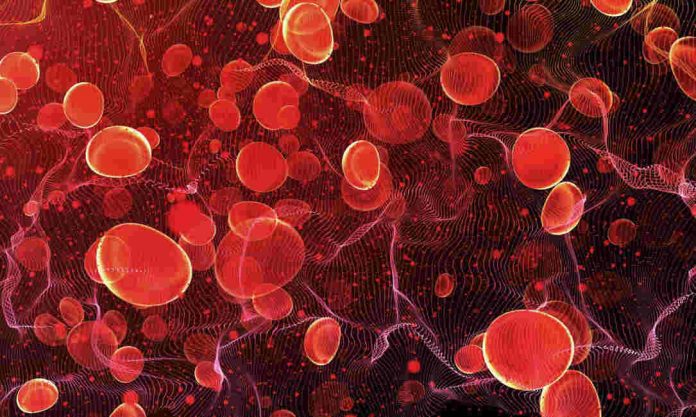Best 4 Tips to Prevent Blood Sugar Levels Spikes After Meals
 Photo is taken from the Internet
Photo is taken from the Internet If you have diabetes, you already know how important it is to monitor your blood sugar levels. If you don’t keep your blood sugar under control, you’re more likely to develop diabetic problems. Heart illness, skin disorders, nerve damage, foot problems, and other major complications are only a few of the serious consequences. Diet has an important influence on blood sugar regulation. Postprandial or postmeal hyperglycemia is a spike in blood sugar levels following a meal. Several things influence this rise, including the amount of the meal, the time of the meal, the time of your medicine, and the items you are consuming.
Follow these guidelines to avoid high blood sugar levels after meals if you have diabetes.
In a recent question and answer series on her Instagram page, nutritionist Nmami Agarwal revealed some techniques for controlling blood sugar levels after a meal. Here are a few of these suggestions:

 To get latest news, follow Editorialge's Google News channel. 1. Review your food diary
To get latest news, follow Editorialge's Google News channel. 1. Review your food diary “You should start checking your meals in the morning,†adds Agarwal. Limit your intake of sweets, white bread, and other items that can cause a blood sugar surge after a meal. Meal planning might assist you in making better choices. It will assist you in focusing on the impact of the food you’ll be eating on your blood sugar levels.
2. Consume small mealsSmall meals, rather than huge, hefty meals, are also recommended by the dietitian. It will assist you in avoiding unexpected fluctuations. Smaller meals, rather than three large meals, have been shown in studies to help maintain appropriate blood sugar levels.
3. Eat foods with a low glycemic index (GI)Checking the glycemic index (GI) of foods is another important step to take when picking foods for your diabetic diet. The influence of the food you ate on your blood sugar levels as reflected by the GI. Low-GI foods are those that have a low GI score.
4. Keep track of your carb intakeCarbohydrates have a significant impact on blood sugar levels. As a result, diabetics are frequently encouraged to follow a low-carb diet or eat healthier carbs. You stay away from highly processed carbohydrates. Avoiding spikes can also be avoided by watching portion sizes and keeping track of your daily carb intake.
Exercise, in addition to a balanced diet, is essential for controlling blood sugar levels. Do not engage in the hard activity; instead, gradually increase your pace.
Disclaimer: This content, including advice, is intended to provide only general information. It is not a substitute for professional medical advice. For more information, always visit a professional or your personal doctor. This information is not the responsibility of Editorialge.
0 Response to "Best 4 Tips to Prevent Blood Sugar Levels Spikes After Meals"
Post a Comment